Holistic Healing for Vertigo and Tinnitus
- WuQi

- Nov 16, 2024
- 5 min read
Updated: Dec 12, 2024
Introduction
On my journey toward health and wellness, I’ve began to appreciate how challenges can reveal deeper connections with life. When we have Health, our mind clears, and energy flows, life feels vibrant. So maybe clearing our mind, getting energy flowing, and discovering the vibrancy of life helps us achieve Health?
But what really supports that flow? And how do we manage it when it diminishes?
Embracing Healing and Compassion through Personal Responsibility
Exploring holistic healing and self-care approaches can enhance our understanding of compassion towards ourselves and others. This blog delves into techniques and insights for taking responsibility in our journey towards wellness. We will uncover how principles of Natural Hygiene and holistic practices can support gentle healing processes.
My Journey with Vertigo
Through personal experiences with vertigo, I have discovered the importance of addressing root causes, such as stress and emotional well-being. This journey has allowed me to deepen my understanding of self-care and holistic approaches to healing.
To aid in my own healing, I explored various techniques such as the Epley Maneuver, which can assist in repositioning dislodged crystals in the ear. While I may not have pinpointed the exact cause of this occurrence, I've gleaned from Natural Hygiene principles that multiple factors can influence health conditions. It's worth noting that healing often occurs in a reverse order to the way symptoms manifest:
Vertigo (Physical Symptoms) -> Energy Blockages -> Lack of Sleep -> Overeating -> Stress
By addressing stress, we can potentially alleviate physical symptoms and reverse the flow of issues in this cycle. Therefore, prioritizing the underlying stress factors can help address and potentially alleviate the subsequent health issues.
Acupressure not only alleviates physical discomfort but can also help reduce stress:
Self-Healing: A Central Theme
Self-healing plays a vital role in my journey, emphasizing the body's natural ability to heal itself. While practices such as Qigong and techniques such as acupressure support the body, and encourage energy flow, its vital to address root causes as well.
A Holistic Approach to Well-Being
Instead of just coping with vertigo, I focused on understanding it. By tuning into my body’s needs and making mindful choices, I adopted a holistic approach that nourished my spirit. This process encouraged me to cultivate awareness by asking myself:
Observe: What do I notice about my situation?
Feel: What sensations arise within me?
Need: How can I find balance in life?
Request: What can I do to support my health?
Nutrition
Food can play a significant role in healing, as foods with water, fibre and nutrients help nourish the body. Focusing on mainly fruits and greens has noticeably boosted my energy and helps to cleanse the lymhpatic system that can affect the ears and sinuses.
Intermittent fasting has also helped improve my mental clarity. I follow 80/1010, meaning fats and proteins to 10%, by including avocados (half a day on average) in my diet supports circulation, but I prefer to moderate my intake of nuts. Trying sprouted seeds has improved their digestibility for me, too.
Techniques for Managing Vertigo
One helpful technique I discovered is the Epley Maneuver, which repositions dislodged crystals in the inner ear. You can find many videos on Youtube such as this one: youtube.com/watch?v=xTnV3m4bWDg
Mudras
Shunya Mudra calms the mind and relieves ear pressure. Practice daily for about 5 minutes.
Acupressure
These points improve circulation in meridians connecting to the ears.
I also find relief through gentle massages at the back of my head. This can help for those with Vertigo and Tinnitus. One technique, "Drumming on the heavenly gates" involves covering the ears with the palms and tapping lightly with the index finger as it brushes off the middle finger.
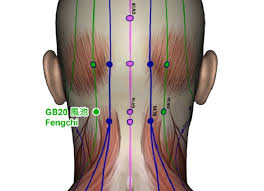
Understanding Tinnitus
Tinnitus refers to the perception of sound without an external source, often described as ringing, buzzing, or a high-pitched tone. Approximately 15% of Americans experience this condition. Stress and emotional factors significantly amplify this sensation.
Matthew from HearingTracker shares his experience of a persistent high-frequency tone that intensifies in quiet environments, particularly at night. His journey highlights the connection between mental health and tinnitus management, emphasizing a holistic approach.
Similar to the ringing that follows a loud concert, elevated stress levels and fatigue often increase tinnitus. Techniques that promote calmness in the nervous system, such as mindfulness practices and relaxation methods can provide support.
Management Strategies for Tinnitus
In managing tinnitus, I’ve found several effective relaxation strategies:
Mindfulness Meditation: Five to ten minutes of focused breathing counting each breath up to 50 breath cycles.
Deep Breathing: Deeply inhaling for a count of four, holding, and exhaling for six seconds helps reduce stress.
Progressive Muscle Relaxation: Tensing and relaxing muscles from my toes to my head relieves tension.
Acupressure Points: Incorporating these points for stress relief can also help with tinnitus management.
The Role of Stress and Neuroplasticity
Many people discuss mindfulness and stress reduction techniques when managing tinnitus. While the research results are mixed, numerous individuals report that practices like meditation can help reduce stress, which may lessen tinnitus symptoms.
A study in Psychooncology found that mindfulness-based stress reduction (MBSR) can improve quality of life for chronic tinnitus patients (Hesser et al., 2012).
Understanding TCM and Tinnitus Causes
In Traditional Chinese Medicine (TCM), the liver plays a crucial role in managing the autonomic nervous system. Certain acupressure points, such as Liv3, can provide support for this system. Additionally, applying TCM's five elements theory may help in predicting and managing symptoms. For example, strengthening the water element (kidneys and bladder) can support the wood element (liver and gallbladder).
Consulting an Audiologist
When experiencing tinnitus, a comprehensive evaluation from an audiologist helps identify underlying issues and guides effective management strategies. This assessment aims to pinpoint the causes of tinnitus, facilitating targeted treatment and relief.
Insights on Tinnitus Management
Julian Cowan Hill, a tinnitus expert, emphasizes acceptance in managing tinnitus. His approach includes:
Acceptance over Recovery: Managing tinnitus involves accepting its presence and learning to lower distress levels rather than seeking complete silence.
Sound Therapy Benefits: Engaging in sound therapy can help distract from tinnitus sounds.
Body-Based Approaches: Therapies targeting the nervous system can promote relaxation and reduce symptom perception.
Dr. Michael Goldenhofen (ENT Insights)
Dr. Michael Goldenhofen also emphasizes the connection between stress and tinnitus, advocating for holistic management that includes:
Accurate Diagnosis: Essential for effective treatment, such as cognitive-behavioral therapy (CBT).
Understanding Types: Recognizing variations like cortical and cochlear tinnitus for tailored approaches.
Stress Reduction: Addressing stress and anxiety as critical components of effective tinnitus management.
Neuroplasticity and Healing
Understanding neuroplasticity—the brain's ability to adapt and change—is crucial in managing tinnitus. Key themes include:
Acceptance: Learning to coexist with tinnitus rather than fixating on it helps the brain re-prioritize its importance.
Holistic Approach: Focusing on self-care and mental well-being supports effective tinnitus management.
Mindfulness Practices: Integrating therapies, including bodywork and mindfulness, can promote emotional healing.
Resources
Joey Remini's Book "Rocksteady": This book provides information on managing tinnitus at an affordable cost. It explores the emotional and psychological challenges associated with tinnitus.
Quieten App: Developed by Cowan Hill, this app offers resources for tinnitus management, helping users cope with their experiences.
YouTube Channels: Various YouTube channels discuss tinnitus, offering platforms for support and information. Viewers can learn about managing tinnitus through neuroplasticity and hear personal experiences.
Conclusion
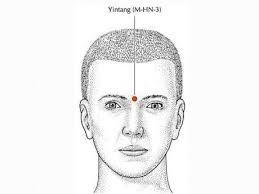
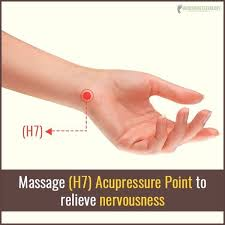
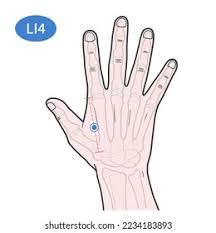
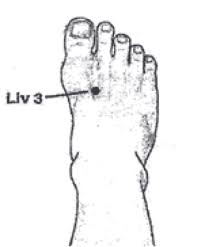

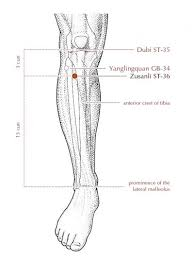
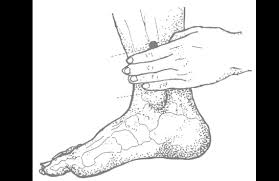

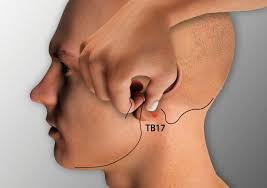
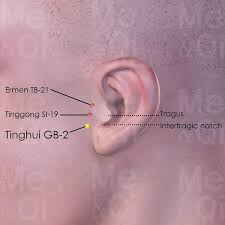

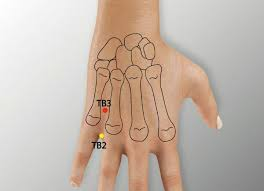
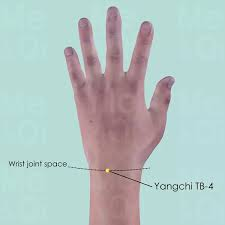
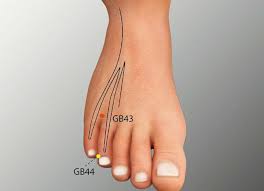



Comments